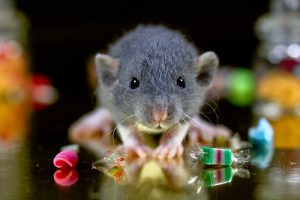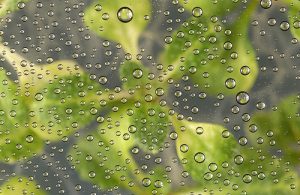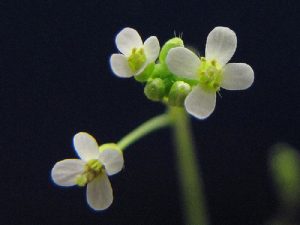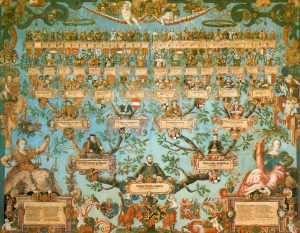Enter your address to receive notifications about new posts to your email.
Articles tagged Epigenetics
(14 results)
-
Science & Publishing
P. pacificus’s epigenetic toolkit is missing an important tool
A GENETICS study’s insight into Pristionchus pacificus’s epigenetic landscape makes a remarkable discovery about a critical methyltransferase.
-
New Faculty Profile: David Garcia
New Faculty Profiles allow GSA members who are establishing their first labs to introduce themselves to our wider community. If you’d like to submit your profile, please complete this form. David Garcia Assistant Professor Institute of Molecular Biology University of Oregon Lab website Briefly describe the ongoing and expected research projects as your lab gets up and running.…
-
She has her mother’s coping style
Parent-of-origin effects help determine how lab rats respond to stress. Although your father and mother each contribute a copy of your genes, these copies don’t always play equal roles. Instead, one parent’s gene can have a disproportionate effect on the offspring’s phenotype, resulting in complex patterns of inheritance. In G3: Genes|Genomes|Genetics, Mont et al. examined…
-
Navigating the maize of heritable epigenetic change
Tissue culture causes heritable methylation changes in plants. Tissue culture is a useful tool for plant scientists and horticulturalists in large part because it allows them to produce clones. Inconveniently, however, these clones are not always identical to the original, as one might expect them to be. In a report in GENETICS, Han et al.…
-
Imprinting impulsivity
Imprinted genes can have oppositional effects on adult behavior in mice. Mammalian genomes show the marks of a genetic tug-of-war between mothers and fathers. These imprinted genes are marked by epigenetic modifications, which means the expression of an imprinted allele depends on whether it was inherited from the mother or the father. A new report…
-
Which is more powerful: genetic or epigenetic variation?
Although epigenetic modifications contribute to trait variability, their effect pales in comparison to standing genetic variation. The raw material of evolution is genetic variation, but proponents of the “extended evolutionary synthesis” add a new layer to this model: heritable variation in epigenetics. The packaging and tagging of DNA can alter traits without changing the DNA…
-
A new role for a signpost on the chromatin landscape
Monomethylated H3K27 is more than just an intermediate. We often talk about biological traits as if they’re written in our DNA, but some of them aren’t in our DNA at all—instead, they’re on it in the form of chemical tags on the histone proteins our genomic DNA is wrapped around. During development, each cell’s genome…
-
Genetics Society of America honors Barbara Meyer with 2018 Thomas Hunt Morgan Medal
The Genetics Society of America (GSA) is pleased to announce that Barbara Meyer is the recipient of the 2018 Thomas Hunt Morgan Medal, which is awarded for lifetime achievement in genetics. This honor is given in recognition of her groundbreaking work on chromosome behaviors that govern gene expression, development, and heredity. Meyer’s studies of how…
-
Revisiting Waddington: A new explanation for an old experiment
In the 1940s, C. H. Waddington discovered a peculiar phenomenon in fruit flies: traits could appear in response to environmental stress in an individual’s lifetime and then be passed down to future generations. Waddington proposed that this wasn’t the inheritance of acquired traits, but actually due to pre-existing genetic variation that had no effect until…
-
Germline immortality in C. elegans depends on epigenetic inheritance
Inheriting a trait from a grandparent doesn’t always involve their DNA sequences. In many organisms, some traits can be passed down for multiple generations via non-sequence based mechanisms, a phenomenon called transgenerational epigenetic inheritance. The most familiar example is that human disease risk might be influenced by the lifestyle of a person’s grandparents. But by…
-
#TAGC16 Shorts: Keeping histone marks leads to losing marbles
#TAGC16 Shorts are brief summaries of presentations at The Allied Genetics Conference, a combined meeting of seven genetics research communities held July 13-17, 2016 in Orlando, Florida. One of the earliest events in development is the switch to self sufficiency. Soon after an egg is fertilized, the new individual must activate its genome and cease…











